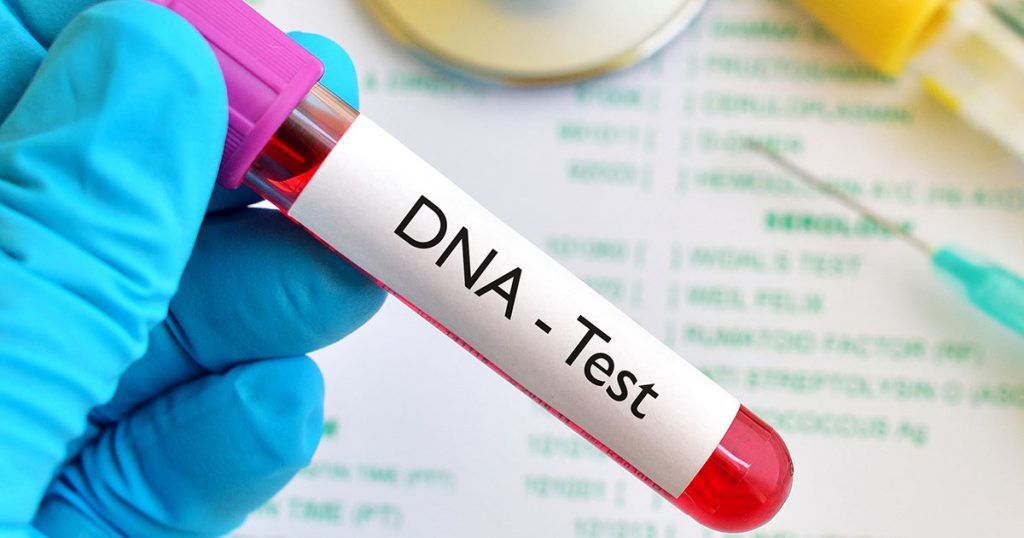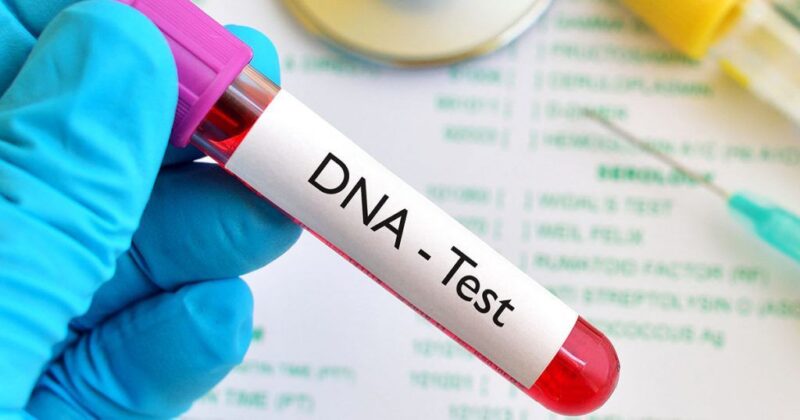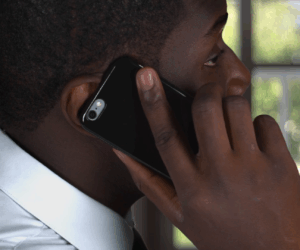
One in every four men tested is not the biological father of the child in question.
Paternity fraud is a situation where a woman misleads or deceives a man into believing and accepting that he is the biological father of a child.
According to the 2025 Annual DNA Testing Report by Smart DNA, Nigeria’s paternity exclusion rate currently stands at 25 per cent. What this means is that out of every 4 men who go for a DNA test to confirm if a child is theirs, 1 man finds out he is not the biological father.
The report also showed that firstborn children are the most affected, with firstborn sons accounting for 64 per cent of negative results. While the findings have sparked intense public debate, experts caution that the statistics do not necessarily reflect the entire Nigerian population.
RELATED: 120 women claimed to have kids for my father, only 53 passed DNA test – MKO’s son
In Nigeria, family is the cornerstone of society, and fatherhood carries profound cultural, economic and emotional weight. Traditionally, paternal lineage dictates inheritance, tribal affiliations and social standing.
However, rising cases of paternity fraud fueled by societal pressures, infidelity and lack of accountability have eroded trust in these age-old structures.
Paternity fraud has serious emotional, social, and financial consequences in a society where fatherhood carries deep cultural significance, dictating inheritance, tribal identity, and social standing. Yet, unlike some countries such as South Africa, Nigeria has no laws penalising paternity fraud.
Key Findings from the 2025 Smart DNA Report
The 2025 report (covering July 2024 – June 2025) offered further insights:
-
Paternity exclusion rate: 24–25%, showing a slight decline from 2024.
-
Firstborn sons are disproportionately affected.
-
Older men (41+) initiated nearly half of all tests.
-
More male children were tested than female children.
-
Children aged 0–5 made up over half of all tests.
-
Ethnic patterns: Yoruba and Igbo clients dominated, with minimal Hausa participation.
-
Reasons for testing: Peace of mind (83.7%) was the main driver. Immigration-related testing is rising, and legal or court-ordered tests remain a small fraction.
ALSO READ: Any woman who refuses to do a DNA test is hiding something – Yul Edochie
The Science of DNA Testing
According to Dede Gilbert, a genetic and molecular expert with Easy Genetics (partnering with Alpha Bio Labs in the UK and Universal Forensics in the US), DNA testing analyses all 23 pairs of chromosomes in a person.
-
22 pairs are autosomes, while the last pair determines gender.
-
For paternity tests, samples are taken from the alleged father and child. If the father is unavailable, a male sibling can sometimes be tested.
-
Other tests include maternity testing and avuncular testing (to establish sibling or uncle relationships).
YOU MIGHT LIKE: DNA test more important than naming ceremony- Don Jazzy
Gilbert explained that during testing, laboratories calculate the combined paternity index to ensure accuracy. Results are reported as a probability of paternity, often as high as 99.9999%, meaning the test is that confident the man is the biological father.
The Testing Process
-
Consultation: Discuss goals (legal vs. personal)
-
Sample Collection: Cheek swabs or blood draws. Legal tests require supervised collection
-
Analysis: 16–24 genetic markers compared
-
Results: Delivered in 10–14 days via encrypted platforms.
Cost
DNA testing in Nigeria is expensive, with costs depending on the provider and test type:
-
N290,000 (with a four-week turnaround, according to Surge Healthcare).
-
N400,000 – N1 million (depending on the laboratory, according to Easy Genetics).
-
N310,000 for private tests to N2.8 million for non-invasive prenatal tests (as reported by independent researchers).
Traditional Methods of Determining Paternity in Nigeria
Before the rise of scientific DNA testing, many Nigerian communities relied on cultural practices to settle questions of paternity. These methods, which varied across ethnic groups, were rooted in ritual, oaths, and spiritual beliefs.
Yoruba Customs (Ìfàlọmọ / Orò Ìdílé)
Among the Yoruba, family-specific rites were central to confirming lineage and ensuring marital fidelity. A common practice was for a wife to swear an oath before the Ogun shrine, pledging faithfulness to her husband. In Yoruba customary law, a husband’s acknowledgement of pregnancy and the formal naming of a child were also considered sufficient to establish paternity.
RECOMMENDED: Does Wearing an Anklet Mean You’re a Lesbian or Prostitute?
Ijaw Customs
In some Ijaw communities, a more extreme ritual was performed. A newborn would be placed on a river: if the child floated or was carried safely by the water, the child was accepted as legitimate. If the child sank or drowned, it was taken as a sign of illegitimacy.
While these practices reflected deep cultural values about ancestry and fidelity, they were often dangerous and unreliable. Today, they have largely given way to modern DNA tests, which are now widely used not only for resolving family disputes but also for immigration and legal purposes.
RECENT: Kneeling to Propose Isn’t Nigerian Culture, So Why Do Men Still Do It?








